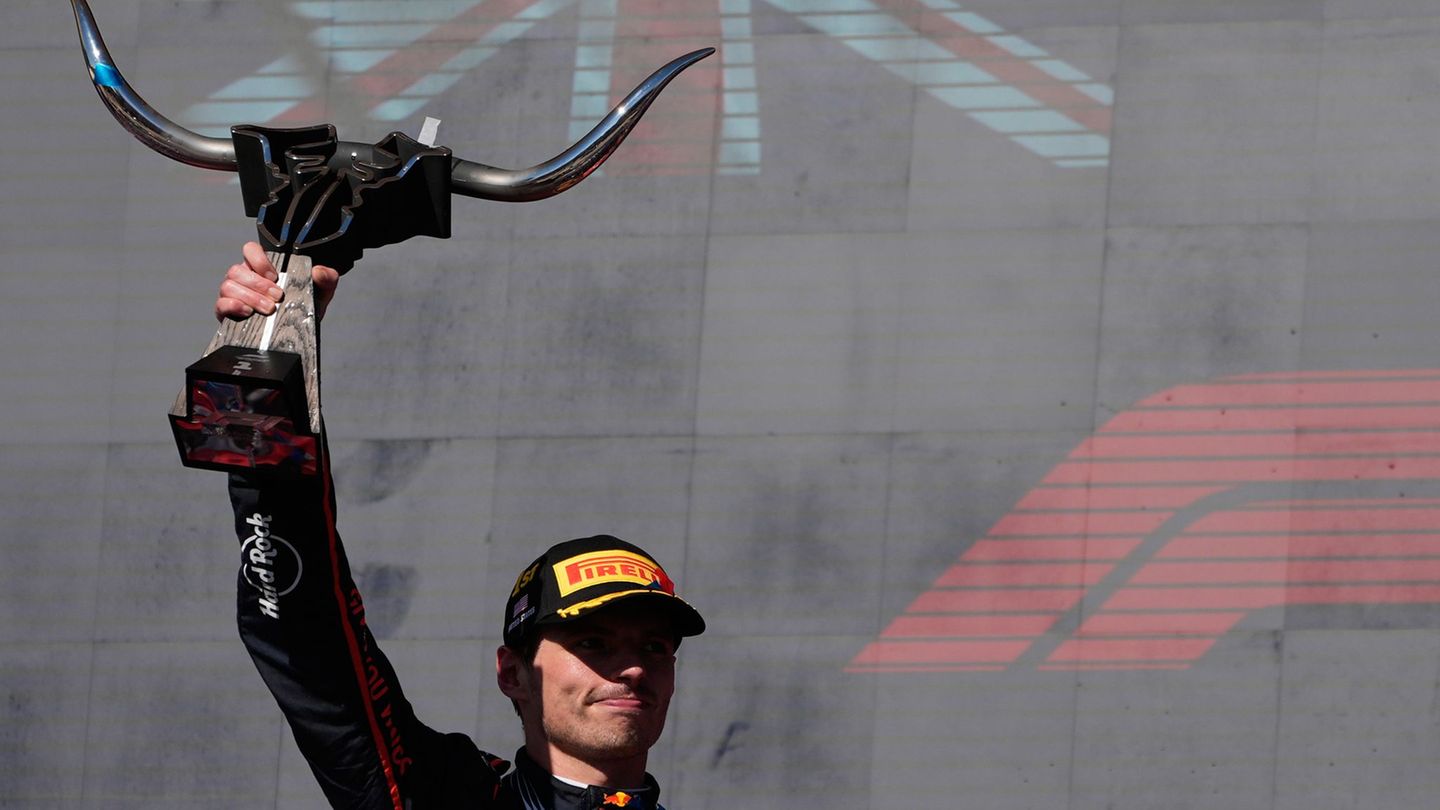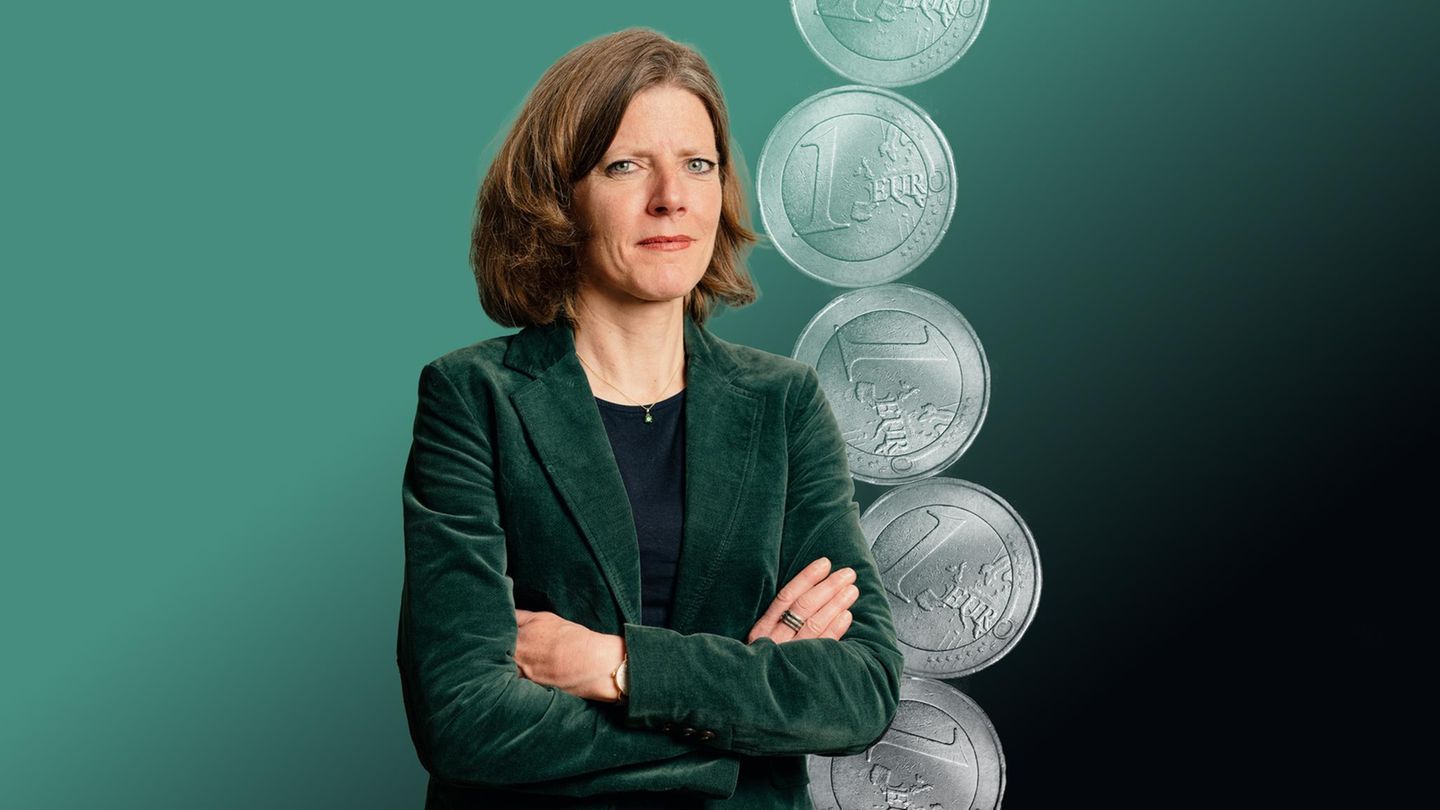“In this work we laugh at the imperative need to be happy that is imposed from Slogans in cups, shirts, squares. And the height of happiness, not being able to become independent from the mother to the forty years,” says Gadiel Sztryk, who next to Andrés Caminos Integra “Sutottos”, Humor company that premieres its new show “Happy Day.”
After a successful tour of Spain, the theater duo returns to the stage of the Picadero Theater (Pje. Enrique Santos Discépolo 1857 – CABA) with functions on Saturdays at 18. We talked with them.
Journalist: How do the desire to talk about this permanent demand arise for being happy and enjoy? Does it come from the networks and that superficiality of “we are all happy”?
Gadiel Sztryk: Whenever we begin to rehearse there is a theme that crosses us. In this case is the overload of “one day without smiling is a lost day.” This constant pressure for being happy is a current that is very fashionable and challenges us in a world that is as it is. The idea of being happy and we felt that it was good to put it on stage is very contrasting. It is such an existential issue that, amplified, generates a lot of humor and identification in people. Being able to laugh at the imperative need to be happy.
Andrés Caminos: I think we are all trapped in this demand for happiness. It circulates, as one of the productivity demands. “Live, laugh, love and dream”, phrases that we find in coffee cups, tablecloths, shirts, everywhere but we believe they generate the opposite. That prompted us to create a show that speaks of happiness, although it is actually a show that talks about the obligation to be happy.
-Feliz Dia – Sutottos 2.jpg
Gadiel Sztryk and Andrés Caminos integrate “Sutottos”.
Q.: The characters are two brothers of 40 who still live with their mother, how is this generation that comes out late from the maternal yoke? How is that Oedipus?
GS: This idea of happiness is embodied in these two types and we were interested in putting it in this situation that it is not the son who becomes independent of the mother but the mother who becomes independent of them. Trying at all costs to be happy, it seemed like a good situation because it is the total extreme of the impossibility of being happy and leaving the maternal yoke. They seem to be able to get out of the mother’s belly, to be happy you have to take that step. Today it costs a lot to get out of that place for different reasons, these are an extreme of the need to be happy in the total confinement of the Maternal House.
AC: The protagonists are trapped under the weight of duty to be. And that works like a stone that does not allow them to move, risk, play it.
Q.: Those characters do not have friends who arrive at the birthday and cannot be happy because they cannot grow.
GS: It is a birthday where there is no one, the day of the birthday is the supreme day of happiness, or is supposed to. It is believed that yes or yes you have to have a good time but no one goes here, not even the mother herself. There is a dichotomy between wanting to meet the years and no, there are people to whom he hits very well others very badly, there are those who are excited to grow, that the two things happen to them, between that and make an immeasurable force for being happy.
AC: Friends never arrive or have no friends. They are unable to relate to friends, couples or family. Because they are very worried about enjoying.
Q.: How was the step to adulthood and celebrations changed during these last decades?
GS: In the existential theme that we usually address, fear, friendship, guilt, and in this case happiness, generations, times, the country, and there is always something in the rite of celebrating that does not change. It follows the need to find a moment where one celebrates with people who wants, the New Year, the birthday, is inherent to the human, wanting to come together to celebrate, so it is tragicomic that they have alone to them and no one else. They try to be happy at any cost, but fail.
AC: The birthday song says “that you meet them happy” and in this work that becomes an obligation. So what happens is that the characters suffer because they are worried about complying with what is imposed from outside.
Q.: How do you see the theater today? Does humor save us?
GS: The theater takes us on a trip and we always return on tour of Spain or Uruguay and we see the theater we do. We have an Argentine theater of value and pride, very large, beyond economic situations, our theater is a symbol of national pride, it is incredible. Humor saves us from sadness, the theater saves us, brings us closer to happiness. In a theater room one laughs at his own issues, he can see in perspective, together we laugh at what happens to us, it is a healing space. The idea of our shows is that the public lives a festive moment and leaves much better than it entered.
AC: For us the theater still has the privilege of the meeting. We try to be a party, and in particular in our works a catharsis that allows us to laugh at ourselves.
Source: Ambito
I am an author and journalist who has worked in the entertainment industry for over a decade. I currently work as a news editor at a major news website, and my focus is on covering the latest trends in entertainment. I also write occasional pieces for other outlets, and have authored two books about the entertainment industry.




